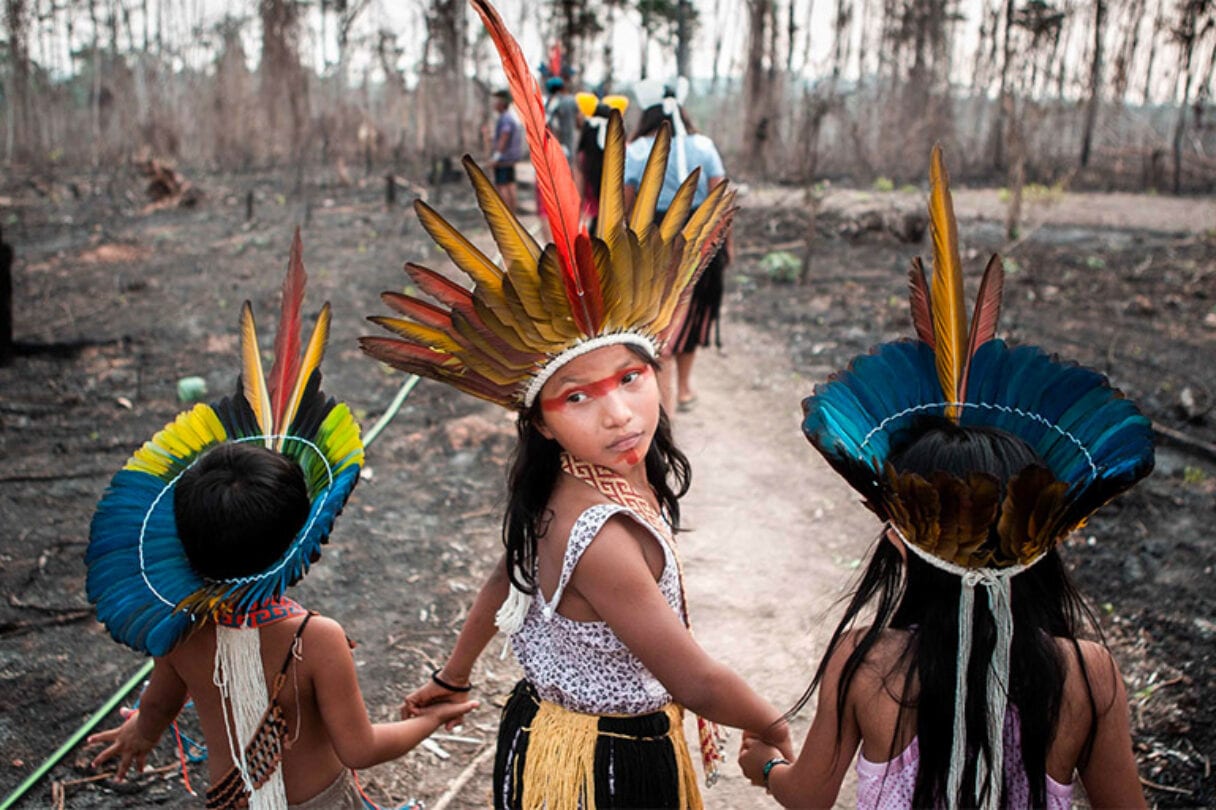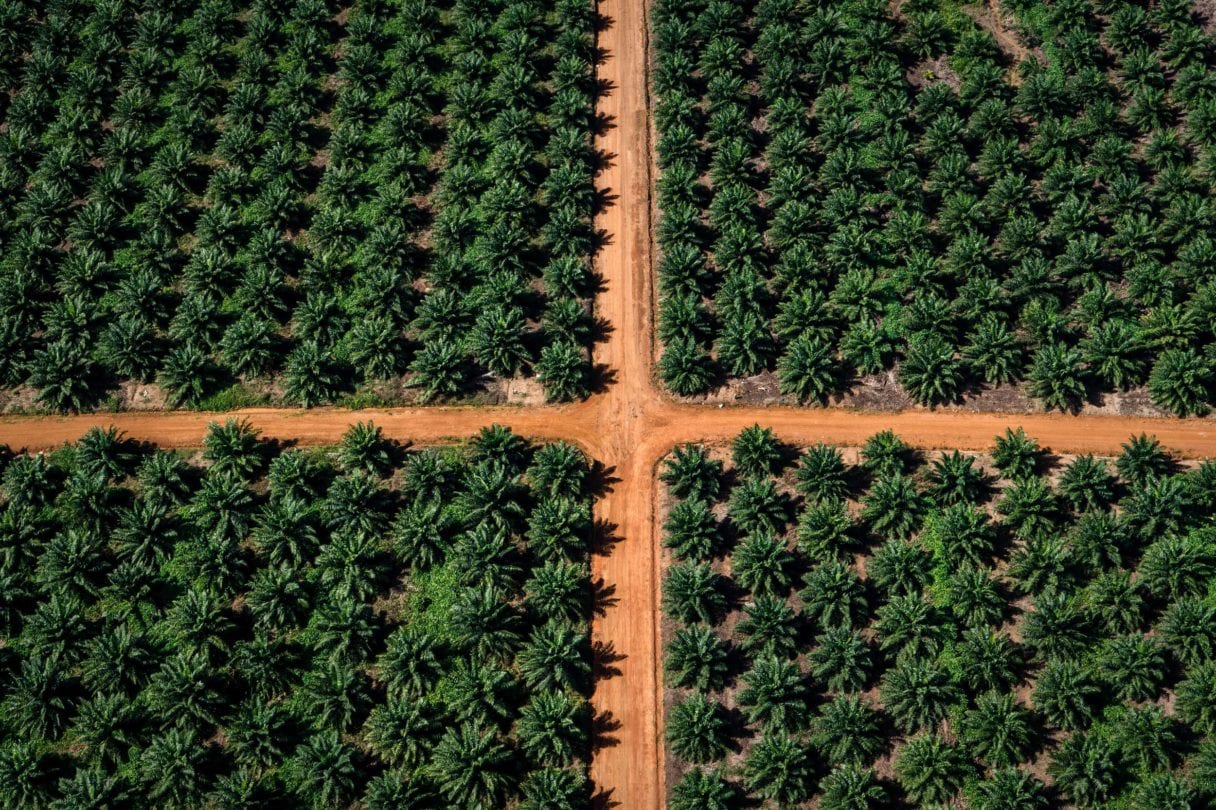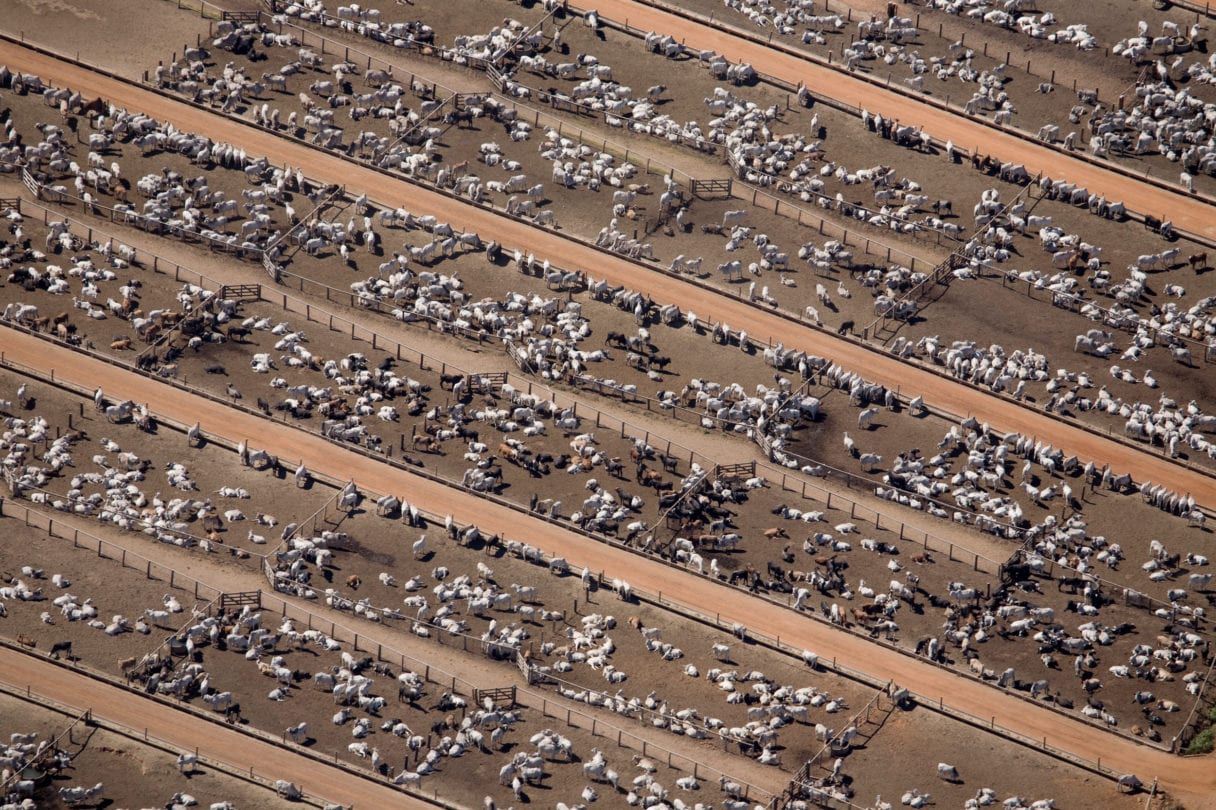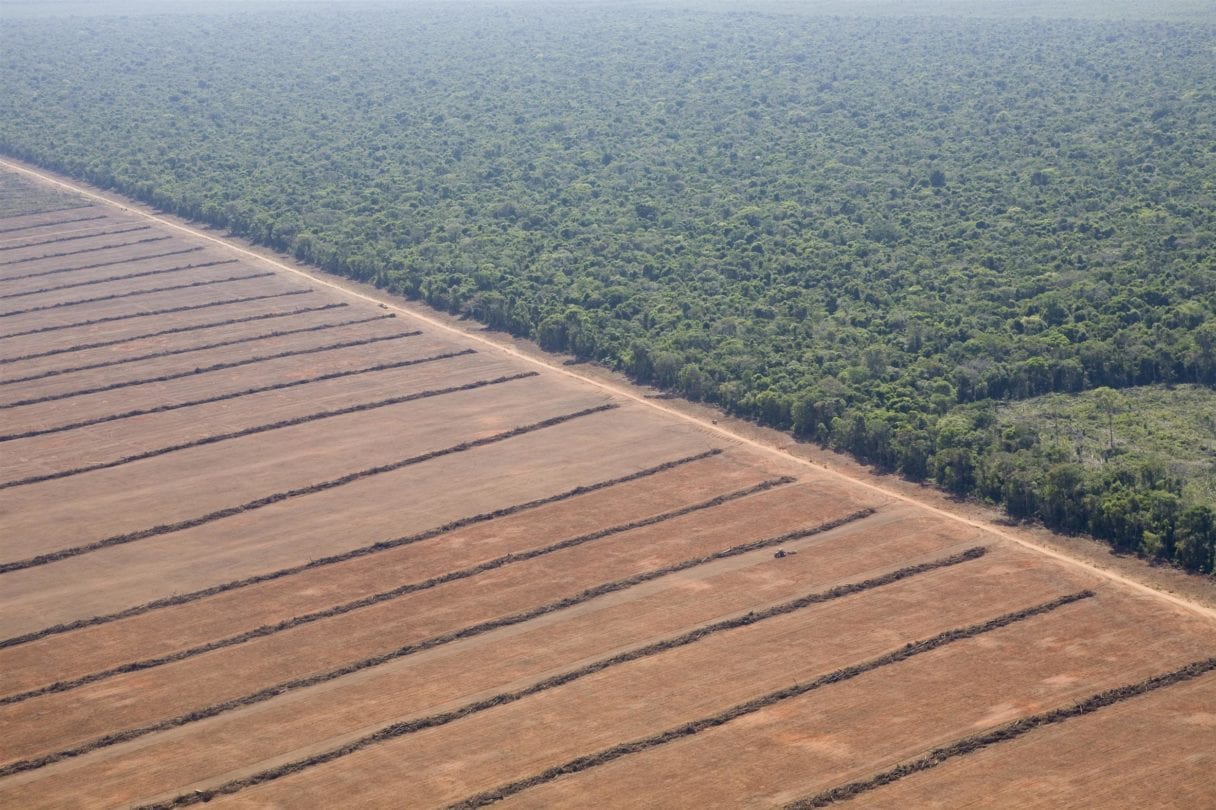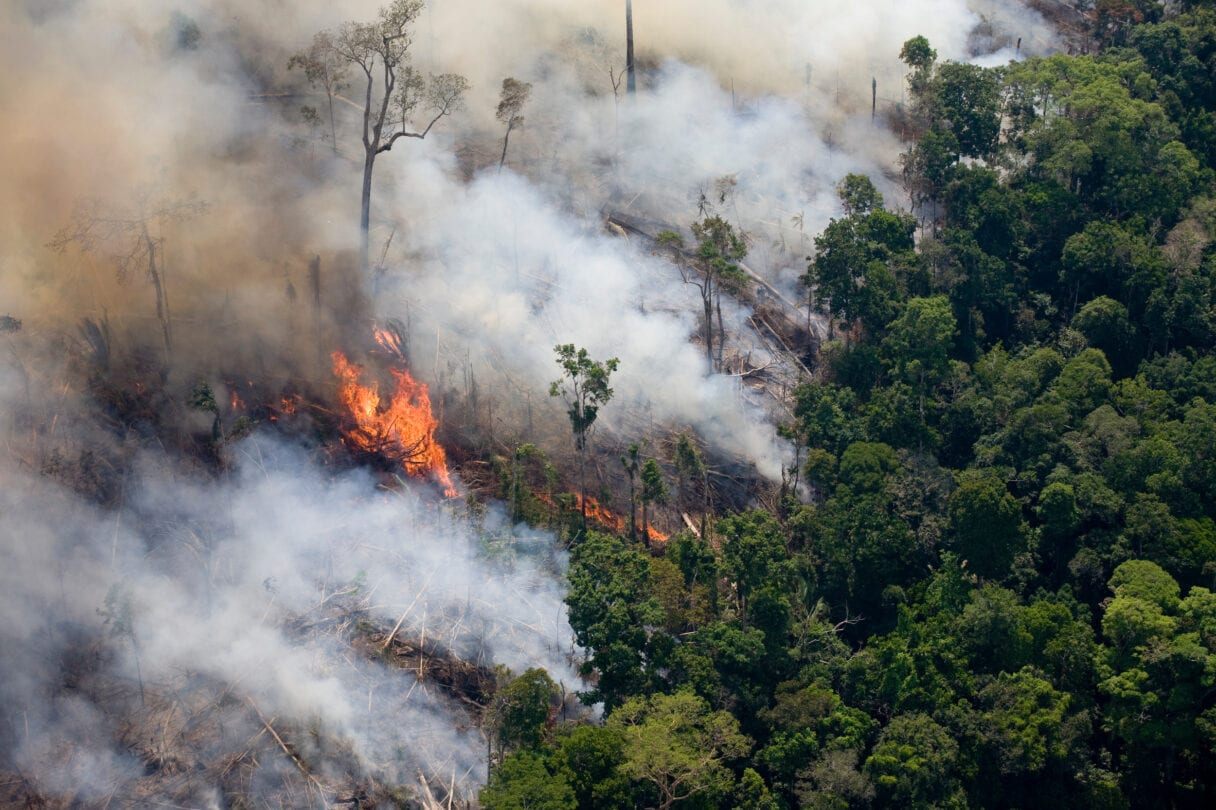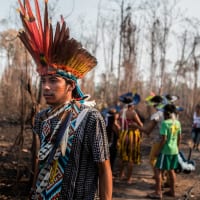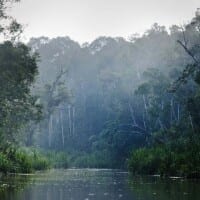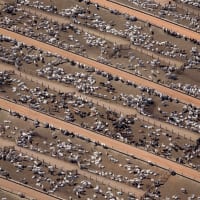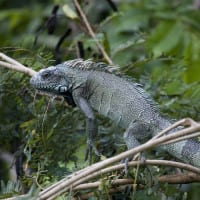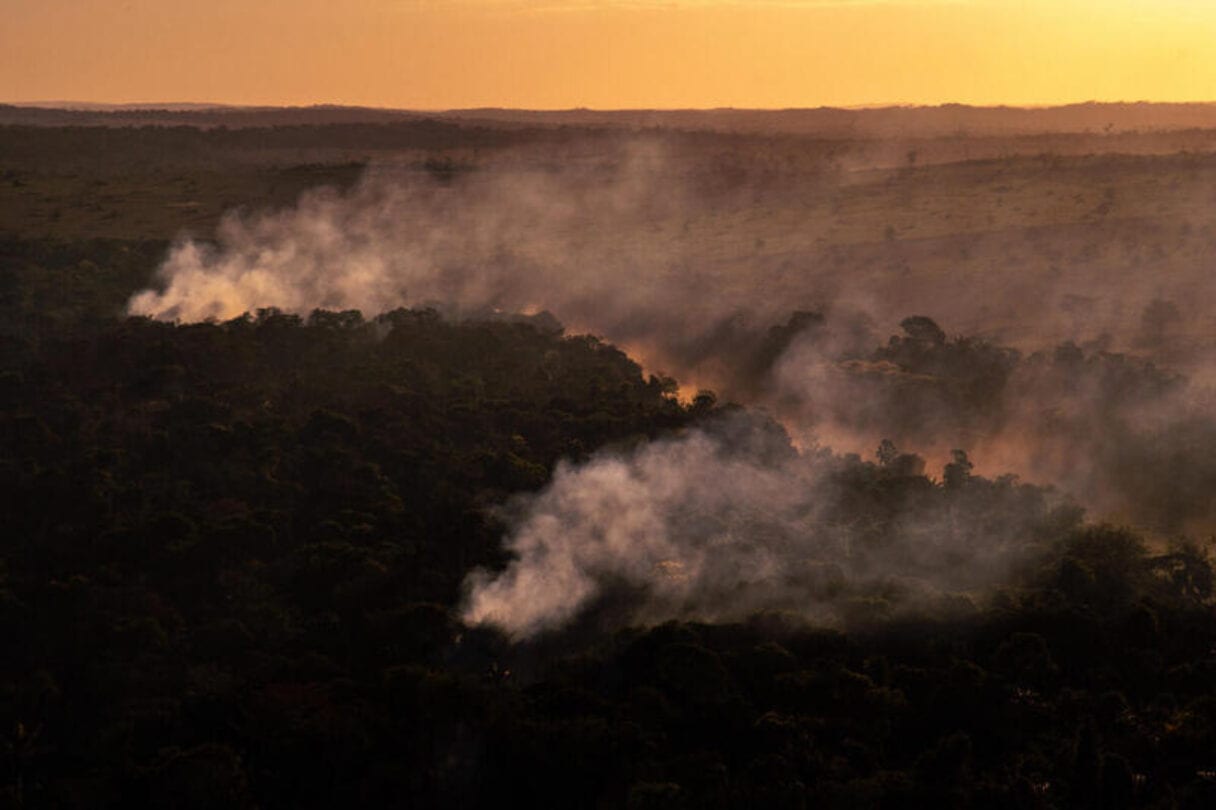
Amazon rainforest
The Amazon rainforest helps regulate the climate and is home to millions of people – many of whom are Indigenous – and a huge percentage of the world’s remaining biodiversity. Despite its importance, the Amazon is under serious threat from rapidly increasing deforestation, mainly due to fires set by farmers for the expansion of industrial meat.

